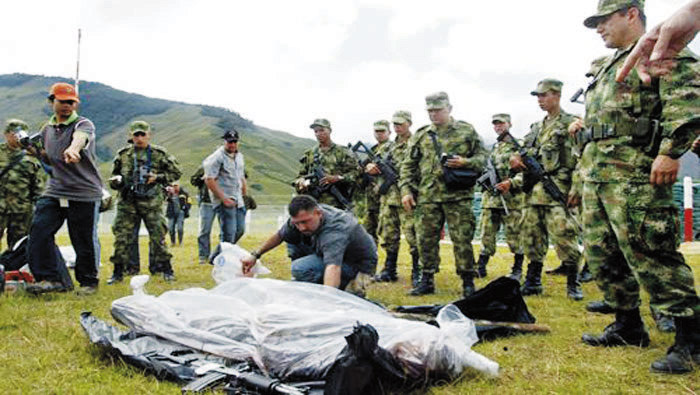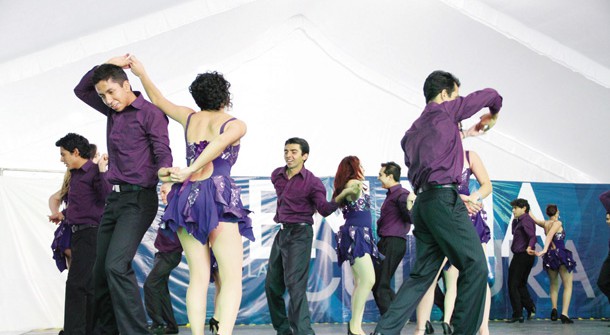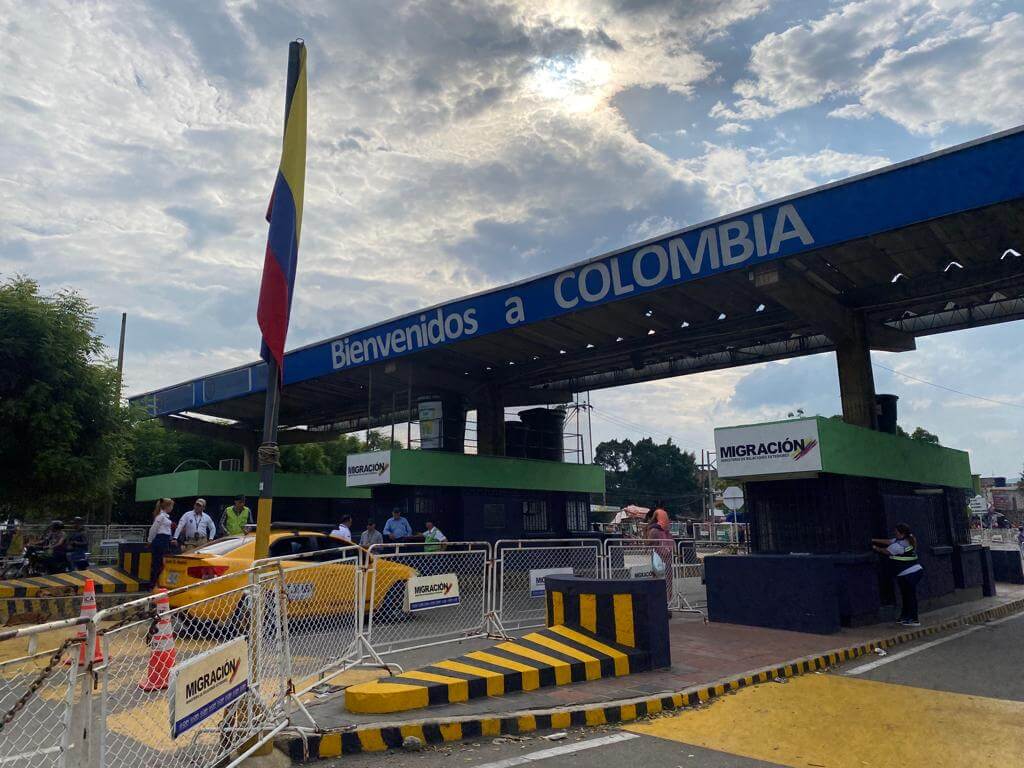Transgender women in Colombia face a level of persecution that’s often hard to fathom.

In the early morning of 24 May, 2012, Rosa Elvira Cely was brutally raped and assaulted in the Parque Nacional in Bogotá. When authorities found her, she was taken to a nearby clinic, where she suffered further health complications. Despite days of treatment and a concerted effort from a team of physicians, she died four days later. The incident reverberated throughout the country, as Rosa became the face for the phenomenon of male-driven violence against women in Colombia.
In the aftermath of the murder, Colombians mobilised, pressuring lawmakers to introduce new measures that would guarantee the thorough investigation and punishment of violence against women. What resulted was a law in Rosa’s honour, the eponymous “Ley Rosa Elvira Cely”– enacted in 2015 – which, for the first time in Colombia’s history, officially included femicide in the country’s criminal code.
The amendment identified femicide as, “the killing of a person because of their status as a woman or as a result of their gender identity,” and has become the catalyst for lengthy criminal sentencing that, in some cases, has surpassed 50 years for those found guilty. But if its definition is anything to go by, the law hasn’t always protected everyone that it’s meant to.
In 2017, more than 500 women fell victim to real or attempted femicide in Colombia
In 2017, more than 500 women fell victim to real or attempted femicide in Colombia. Another 6,219 reported having received threats. In May of last year alone, 70 cases of femicide were recorded, and that doesn’t take into account those that went undocumented. Yet, as harrowing as these figures are, they leave an important part of the story out.
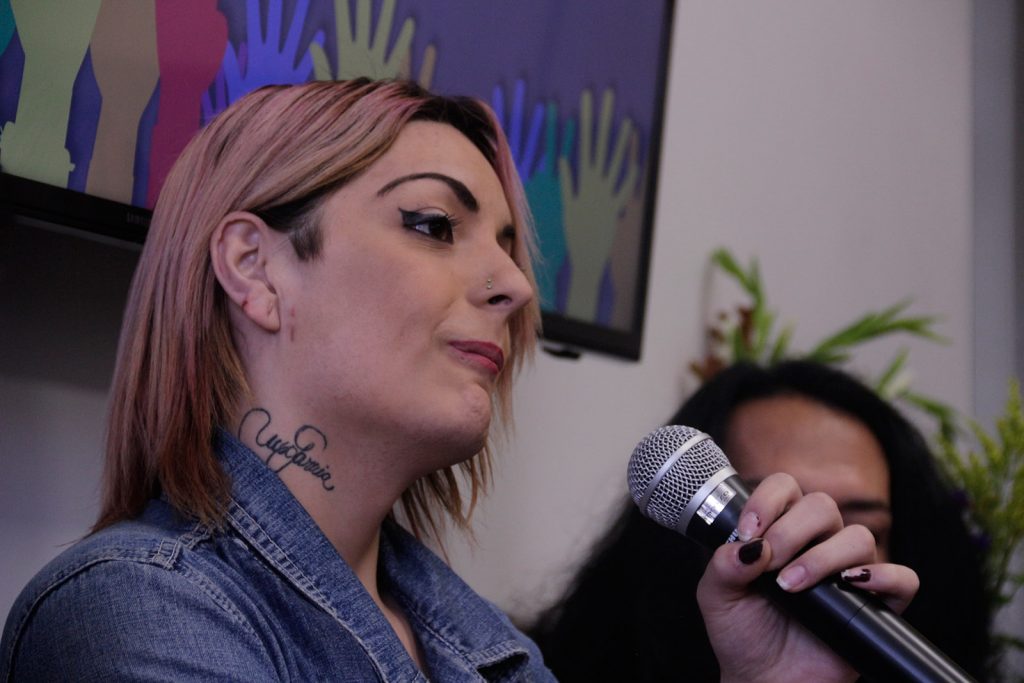
What gets buried under those stats is the fact that there exists a group of women who, though they often suffer much worse violence and discrimination, are looked over. Though they identify as women, their communities and, in some cases, their own families scoff at that distinction. Transgender women in Colombia face a level of persecution that’s often hard to fathom.
Transgender violence
If you want to understand violence against the women in Colombia’s transgender community, look to La Costa, the northernmost region of the country whose departments border Venezuela to the east, Panama to the west, and the Caribbean to the north. To varying extremes, the cultural factors at play there also exist in other parts of the country, but in the interest of an instructive history lesson, the coast is a useful example.
Perhaps more than any other region in Colombia, the Caribbean coast boasts a history of rich multi-culturalism. Natives to the region can trace their lineage through indigenous populations, Afro-descendant slaves, and European colonisers. The latter of those three bears a lot of responsibility in shaping the region into what it became culturally.
Through violence and the forced submission of non-European populations on the basis of religion, class, the creation of different races, and the elevation of the patriarchal family model, European settlers created a society that was homogenised culturally, imposing their belief system on the other populations. What came out of that were male-dominated communities that put a premium on masculinity, while assigning gender roles that made supposed feminine traits and the women themselves inferior.
Related: The transgender community’s push for progress
Fast-forward to the present and the impacts of this system are clear. Families in the region are predominantly patriarchal, with men acting as representatives, while women are often relegated to roles and spaces that are domestic.
This – and much more – is highlighted in an investigative report called Enterezas, published by Caribe Afirmativo which is designed to improve Colombia’s response to violence against women from the LGBT+ community.
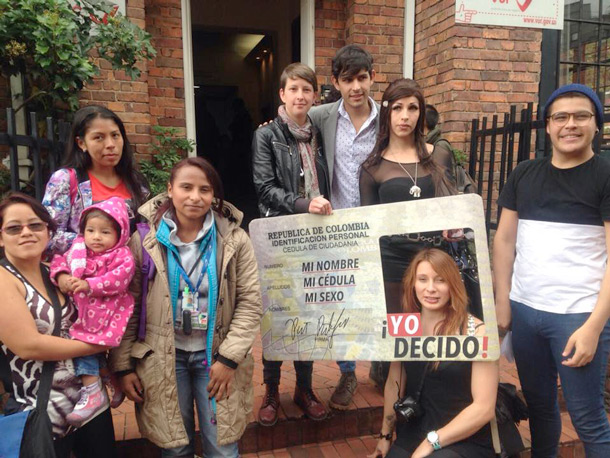
The report says that when individuals break from these social norms, they are seen as transgressors who present a threat to tradition and the moral fabric of society. Violence towards them serves as an instrumental tool to fix their non-conforming behaviour in a way that, when done publicly, also discourages others from assuming non-heteronormative roles. In other words, because traditionalists think that trans women should act like men – due to their sex – they take measures into their own hands to correct what they see as social sickness.
Though there are plenty of instances of trans women being attacked by people they don’t know, they also face significant abuse from their own family members during their formative years.
The violence can come from anywhere. Though there are plenty of instances of trans women being attacked by people they don’t know, they also face significant abuse from their own family members during their formative years. The following account is taken directly from the report. In it, an unnamed transgender woman recalls:
“(…) my uncles treated me horribly. Once, an uncle hit me so hard that he cracked my skull, leaving me with a mark for life for being like a faggot, [telling me that] I needed to walk like a man. (…) Later there was an uncle who also threw hot sperm back there, you can imagine where, because I walked with my ass stuck out. Then, one gave me a whipping with stinging nettle, and I also have an aunt who hit me with an “agua celeste.” Agua celeste is a hose that they cut short and hit you with really hard and it stings terribly. So I was quite mistreated by them growing up.”
Taking refuge
Though some women choose to bear this abuse, many flee their homes at an early age, taking refuge with other trans women that they meet who have suffered similar rejection from their families. Unable to stay in their homes long enough to receive an adequate education, and devoid of financial support from their families, these women are often forced to work in non-regulated areas, involved in the microtrafficking of drugs or, more commonly, becoming sex workers.
This brings with it an entirely new set of dangers. First, a significant number of reported cases of violence and femicide against trans women involve disputes gone bad between clients and sex workers. Some clients refuse to pay for the services, while others accuse the women of having stolen money from them, using this as an excuse to assault or, in extreme cases, kill them. Secondly, sex workers typically occupy specific areas of a city. Police officers often know which zones these are and occasionally visit the areas, making a habit of verbally harassing, physically assaulting, and selectively applying the law to women based there.
Seventy percent of harassment claims filed against Colombia’s national police involve trans women
Stats from Caribe Afirmativo’s human rights reports from 2012 to 2017 bear this out. Seventy percent of harassment claims filed against Colombia’s national police involve trans women, and a specific analysis of police violence toward lesbian and trans women in Caribbean departments – where 60% of police violence toward the LGBT+ community occurs – revealed that of 19 documented cases from 2015 to 2016, 16 involved a trans woman.
Understandably, the women involved in these incidents are reluctant, if not wholly unwilling, to report them, given that doing so could mean further reprisal from the person that assaulted them. Even in cases where they are able to report the incidents, there’s no guarantee that the fiscalia, the investigative body to which the incident is reported, will be adequately trained to deal with them.
Inadequate training
In departments such as Atlantico, for example, the fiscalia acknowledged that, while they do have a designated department for LGBT+ complaints, they were in serious need of further training and that, when looking into incidents, they were not including the victim’s sexual orientation or gender identity as part of the investigation. The island department of San Andres and Providencia, for its part, has no investigator with expertise in LGBT+ matters, and only one of its investigators had received sexual and gender diversity training before being transferred to another department. At the time of publication of Caribe Afirmativo’s most recent Enterezas report, no investigator with such training had been delegated to replace them.
This imbalance in understanding from one department to another regarding matters associated with transgender female victims leads to fraught investigations. In a Barranquilla murder case from 2016 involving a 22-year-old trans woman named “Natalia,” it was documented that police had no gender or sexuality training; paid no attention to the victim’s sexual orientation or gender identity during the interrogation process; and repeatedly referred to the victim as “someone of male gender belonging to the LGBT+ community.” Identifying the victim this way makes it impossible to try the case as a femicide, resulting in the courts treating it as just another murder.
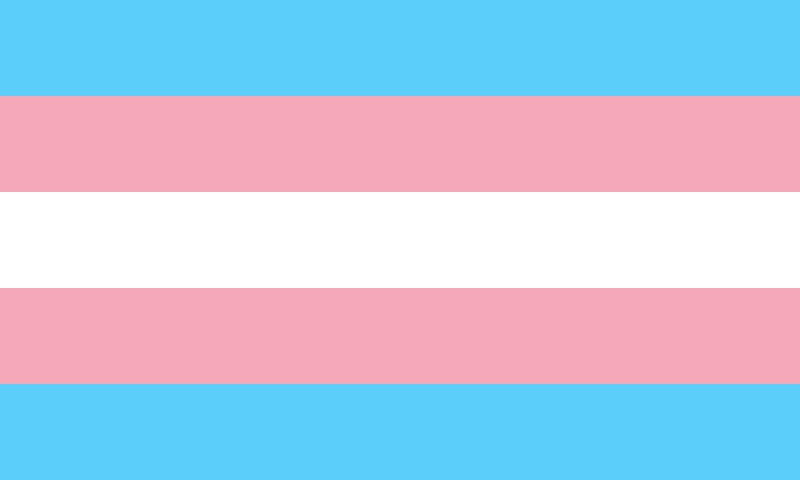
In point three of article 58 in Colombia’s penal code, the Constitutional Court notes that “the most punishable circumstance [of a crime] is generated when the punishable conduct is inspired by motives of intolerance or discrimination referring to both sexual orientation and gender identity.” If those investigating the crime don’t establish that the victim had a gender identity that may have led to discrimination, there’s not much the court can do when it comes time for criminal sentencing. Their hands are tied.
“If those investigating the crime don’t establish that the victim had a gender identity that may have led to discrimination, there’s not much the court can do when it comes time for criminal sentencing. Their hands are tied.”
Violence against trans women is not a phenomenon that’s limited to departments in the Caribbean. Heavily-populated areas such as Antioquia, Cauca, and Bogotá have all seen significant incidences of violence directed toward the LGBT+ community, and many of them have resulted in death. A lot of the same issues that plague departments in the Caribbean also complicate the process of classifying the murder of a trans woman in other regions as femicide. But that may be starting to change.
Trans woman femicide ruling sets legal precedent
In December 2018, the second criminal court of the Garzón circuit in Huila convicted Davinson Stiven Erazo Sánchez of the February 2017 killing of Anyela Ramos Claros, a trans woman. Sánchez was sentenced to 20 years in prison in a psychiatric facility. It marked the first time in Colombian history that the legal system recognised the murder of a trans woman as a case of femicide, setting a legal precedent for similar cases in the future. While it’s welcome news for non-gender-conforming women, it hasn’t stopped new cases from popping up, and the fear in which many women in Colombia’s trans community are forced to live calls into question how much of a long-term effect the ruling can actually have. In a broader context, cases of femicide and aggression towards women have actually risen throughout Colombia since 2015, though this may be a case of a country’s new law uncovering an ugly truth that’s been an open secret for a while.

Whatever the case, the same law enacted in 2015 to protect every would-be Rosa Elvira Cely in the country should also protect each would-be Anyela Ramos Claros. If it doesn’t, it’s not being true to its own wording. Whether or not that ends up happening is something only time will tell. Sadly, for many transgender women in Colombia, time isn’t something there’s a lot of.
The Red Comunitaria Trans, based in the Santa Fe neighbourhood, has organised a Sex Workers Emergency Fund to support vulnerable sex workers who live on a day-to-day basis during the Covid-19 crisis. In order to support the initiative, send non-perishable foods to Calle 21 #16A-66 Apt. 201 Bogotá, Colombia. You can also donate through PayPal. For more information, visit the organisation’s Instagram.


